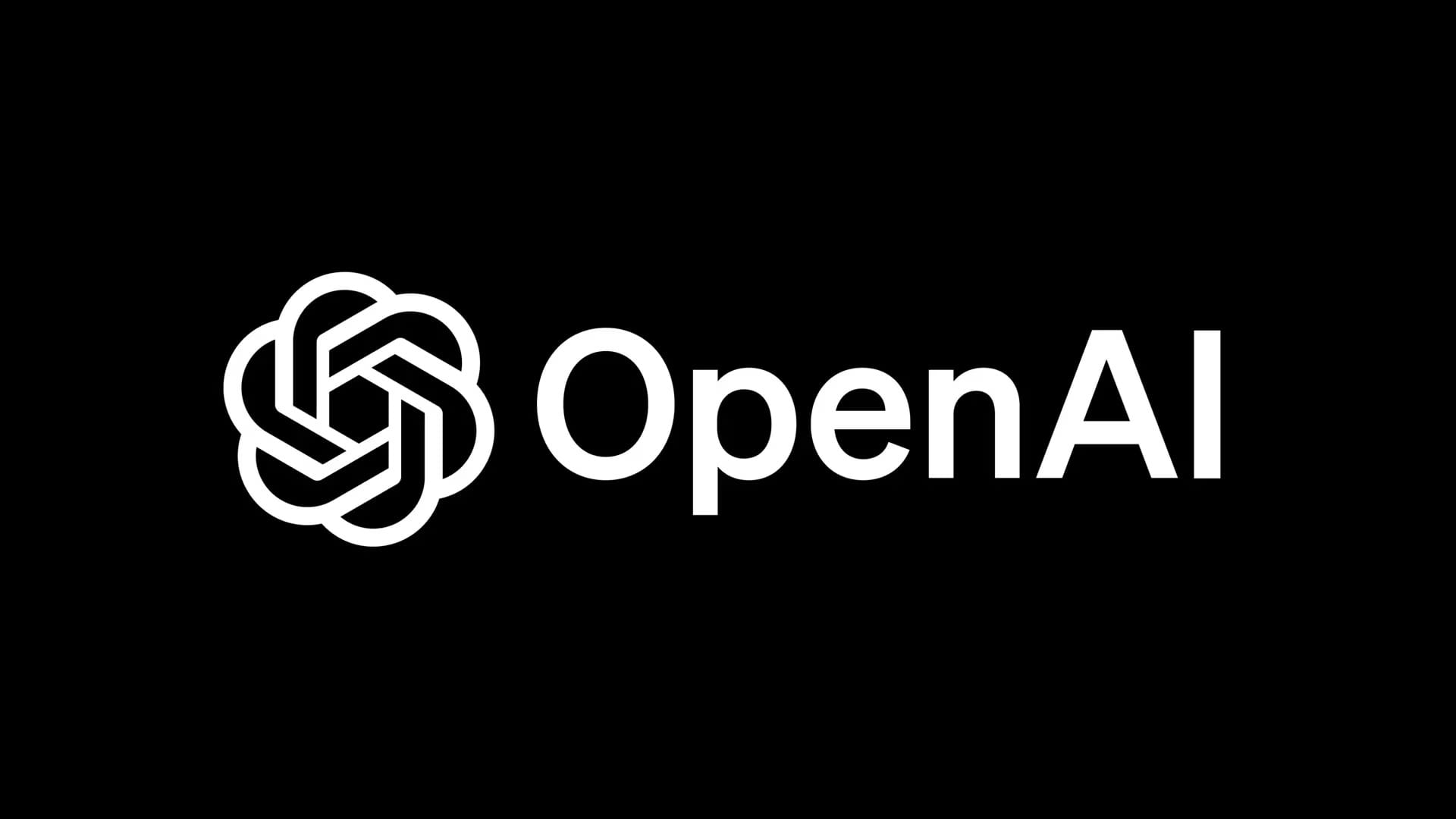OpenAI appears to be preparing a broader infrastructure shift aimed at deepening ChatGPT’s utility in professional and enterprise settings. While public announcements have been sparse, backend discoveries point to an ongoing expansion of connectors and integrations—tools that would let ChatGPT query or operate within third-party platforms more fluidly. These developments suggest a direction similar to agent-based automation, potentially enabling workflows where ChatGPT interacts across multiple services with contextual awareness.
ChatGPT web app changes
— Tibor Blaho (@btibor91) May 9, 2025
- New "Download as PDF" option for deep research reports
- New revamped connectors tab with many new connectors including Datadog, Zendesk, Box, Resend, Contentful, Teams, SendGrid, Goldcast, HubSpot, Intercom and more
- "Reference chat history"… pic.twitter.com/1trwBPWAcW
This strategy contrasts with Anthropic’s MCP, for example. Google, in parallel, has made similar moves through extensions and deeper integration with Workspace, but its own MCP-style solution has yet to surface. In this landscape, OpenAI’s upcoming connectors could serve as a competitive counterweight, particularly if they extend access to productivity tools beyond internal APIs or proprietary services.
In terms of outputs, ChatGPT may soon support direct downloads of generated PDFs—likely bringing it in line with Grok’s recent document handling feature. This would benefit users in both education and corporate reporting contexts by offering a smoother path from generation to export without needing additional formatting steps.
Possibly related to this pic.twitter.com/9cSQVvP7iI
— Tibor Blaho (@btibor91) May 10, 2025
Another noteworthy finding is a potential credit system for usage management. At present, this appears scoped to enterprise environments, likely to allow for precise budget allocation across teams or departments. If expanded to individual plans, it could offer a more elastic pricing model tied to intensity of use, especially as compute costs rise with more advanced models. This would mark a shift from fixed-tier plans to a pay-as-you-go structure, providing finer control over consumption.
All these ChatGPT developments point toward OpenAI quietly building the groundwork for more modular, scalable, and context-aware AI experiences that go beyond chat—geared first at organizations but potentially seeping into broader consumer offerings over time.






